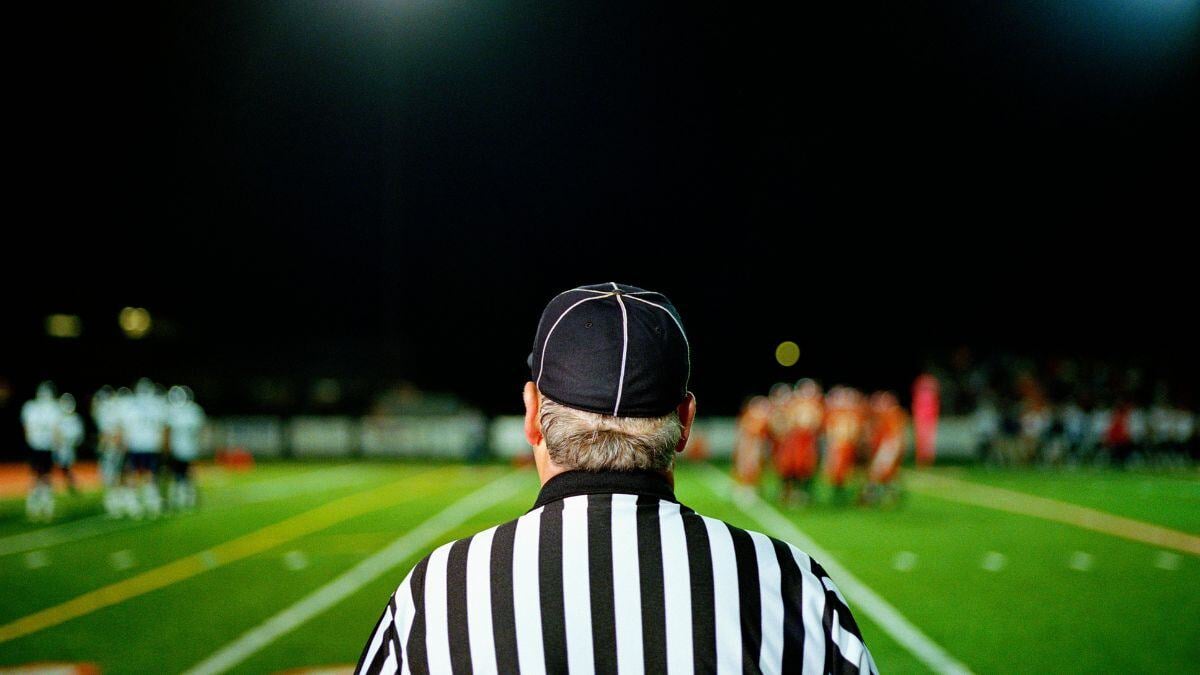Time to Call Off All Bets: The Scourge of Sports Gambling
Author: John Stonestreet and Shane Morris

Authors: John Stonestreet
Last month, the National Basketball Association was rocked by the arrests of players and coaches resulting from an FBI probe into sports gambling. The charges ranged from mafia-linked poker games to rigging basketball games, and more indictments are expected. This month, two Major League Baseball pitchers were arrested in connection with a pitch rigging scheme, also tied to sports betting.
ESPN’s Michael Wilbon was dismissive, saying, “I don’t care.” But then, he put his finger on why the problem is so serious: “At the highest levels of the pyramid in this country, of this culture, everybody’s betting now.” Sports has long been plagued by gambling scandals, but today, sports gambling has been normalized and is pervasive in homes, high schools, and locker rooms across America.
A recent video in the What Would You Say? series discussed sports gambling and why it is such a big deal:
Betting on sports is nothing new, but since a 2018 Supreme Court case struck down a federal ban and paved the way for 38 states along with Washington, D.C., to allow sports gambling, it has exploded in popularity. So far, this national experiment has been a disaster for individuals and families.
The next time someone says, “Sports gambling is harmless fun. It shouldn’t be regulated,” remember these three things:
First, sports gambling is addictive and destroys lives. During the 2024 NFL season, $34 billion in bets were placed. That’s a third more than the prior year, and 100% more than six years ago, when sports gambling was re-legalized. During that time frame, sportsbooks have raked in over $300 billion. All that money isn’t coming from winners.
Most modern sports gambling is done through smartphone-based apps. Studies show that gambling on apps is even harder to stop than casino or other forms of gambling, and it attracts people to gamble who may have never otherwise tried it. Phone-based apps activate the same reward centers in the brain as drugs and alcohol, and are always available in users’ pockets, ready and waiting every time a game is on. Long gone are the days when fans had to visit seedy parts of town to place their bets. Now, eye-catching apps with flashy ads are never more than a tap away.
This increased access to betting has caused what one writer at The Atlantic described as “a wave of financial and familial misery,” which falls most on households least able to afford it. For every dollar spent on betting, household investing falls by an average of $2. In fact, since sports gambling was re-legalized, there has also been a notable increase in over-drafted bank accounts, maxed out credit cards, and debt delinquency. Sports gambling increases the likelihood that a family will go bankrupt by 25% to 30%. If it’s true that “the house always wins,” more households than ever are losing.
Second, sports gambling victimizes the innocent. One of the primary arguments for legalizing this kind of gambling is that it doesn’t harm anyone. So, why should the government tell people what they can do with their money? However, money problems and addiction are plagues on households, and sports gambling brings home the worst of both things. In the process, other social pathologies are made worse.
Research has found that an unexpected loss for an NFL team now correlates with a 10% spike in male domestic abuse. States with legalized sports gambling have seen an estimated 9% increase in violence against intimate partners. In other words, men who gamble on sports don’t just lose money. They lose their self-restraint and hurt innocent victims.
Sports gambling brings harm to those who don’t participate in it by causing financial ruin and fueling domestic violence. As one writer put it, this booming industry’s cost shouldn’t be measured in only dollars and cents. It should be measured in human lives, especially women and children who are dragged against their will into this destructive and addictive behavior.
Third, sports gambling corrupts sports. People play and watch sports for the athletic competition and team spirit. However, when gambling is introduced, athletes are incentivized to change or even degrade the way they play. Officials are tempted to cheat, and fans forget why they enjoyed a sport in the first place, focusing instead on financial gain.
Just last year, tennis players, Olympic competitors, and NBA referees were all caught fixing games and matches. In 2023, the NFL suspended five players for gambling-related violations, and one analysis found a 250% year-over-year increase in suspicious basketball matches. Far from improving sports, gambling has undermined trust, integrity, and all the other reasons athletes step onto the court or field. This will only get worse as sports gambling invades more franchises and fan bases.
The preoccupation with quick cash introduces another game, one that has nothing to do with athletics and everything to do with what the Bible calls “the love of money.” Paul said that the love of money is “the root of all evil.” The way that sports gambling has poisoned sports, addicted users, and wrecked households proves Paul was right. This national experiment with sports gambling has failed, and it’s time to end it. There’s nothing harmless about playing with people’s lives.
So, the next time someone says, “Sports gambling is harmless fun. It shouldn’t be regulated,” remember these three things: Sports gambling is addictive and destroys lives; sports gambling victimizes the innocent; sports gambling corrupts sports.
To see and share this video, visit the What Would You Say? channel on YouTube. You’ll also find dozens of other helpful videos on a variety of difficult topics.

Author: John Stonestreet and Shane Morris

Authors: John Stonestreet and Shane Morris

Authors: John Stonestreet | Dr. Timothy Padgett